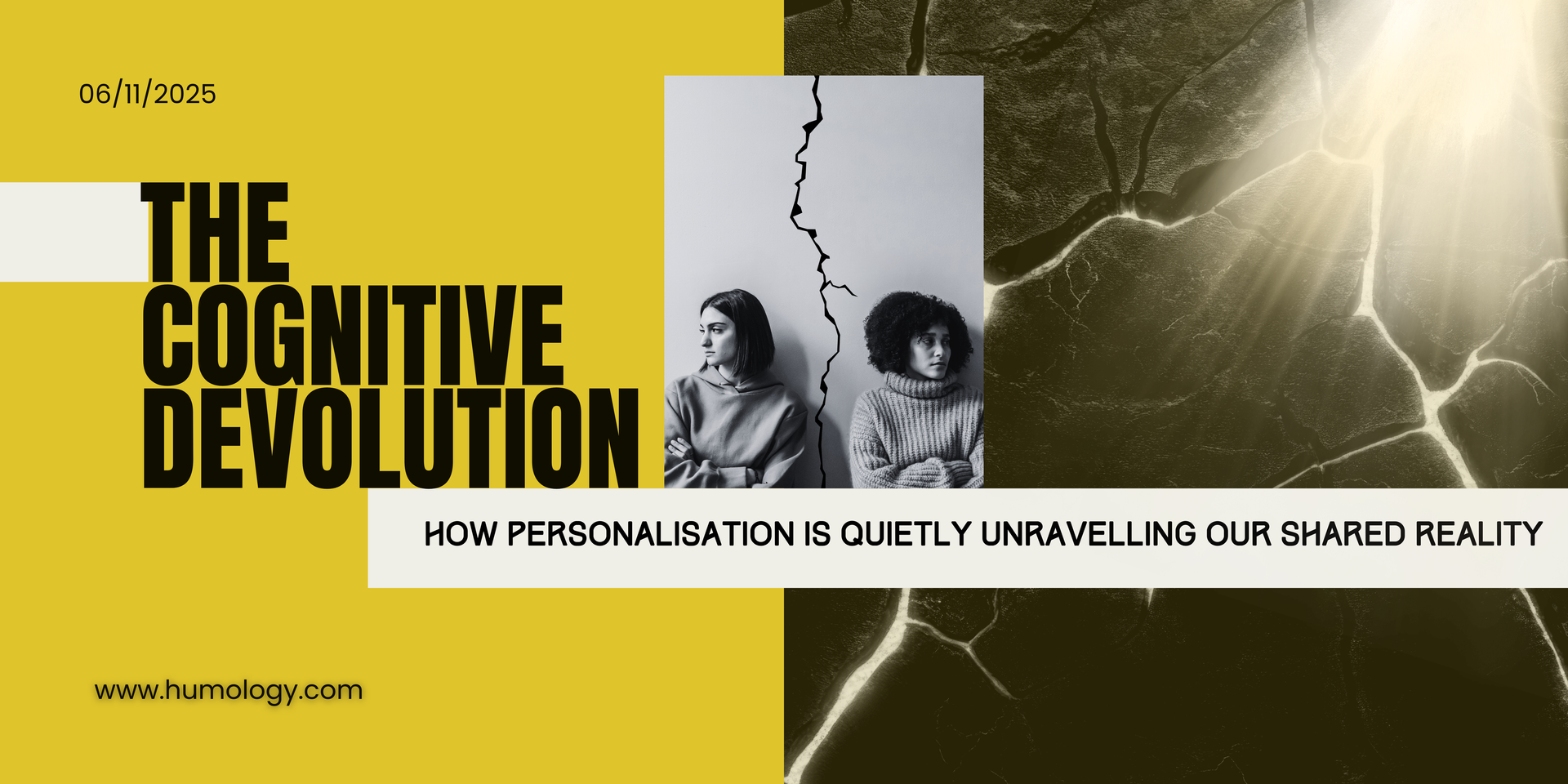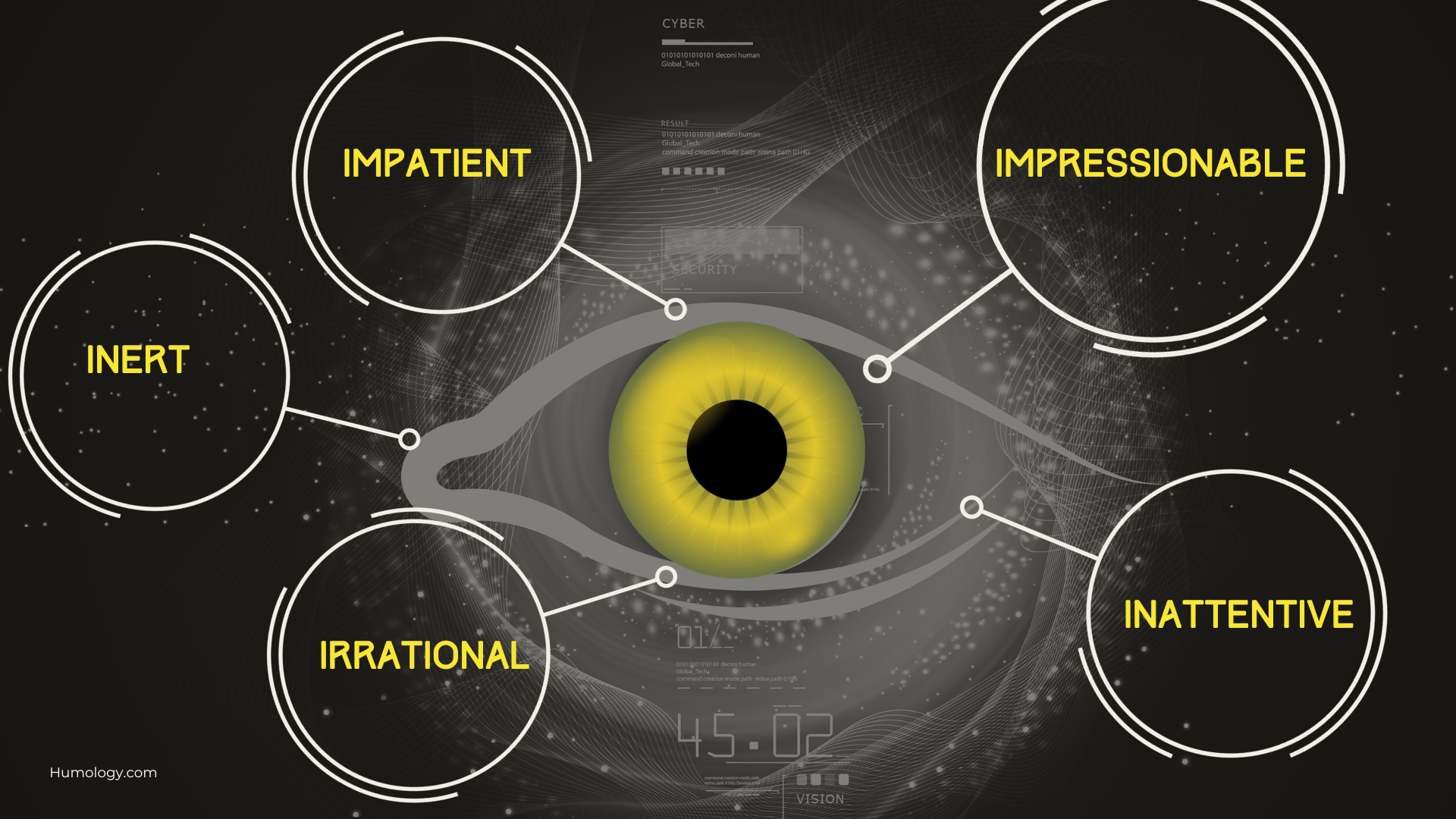Sponsorship: Conducting Your Change Initiative
“No one can whistle a symphony. It takes a whole orchestra.”
H.E. Luccock
It takes an entire orchestra to play a symphony, under the leadership and guidance of a conductor. This is much like the need to have a cohesive and effective team to implement a change initiative into an organisation. This team too needs leadership and this is where effective sponsorship is brought to the fore.
The role of change sponsorship is often misunderstood, both by those who support the sponsor and by those who take on the mantle of the sponsor. In this article, I will define what a sponsor is, why the role is so important, the keys to being an effective sponsor, and the WIIFM for a sponsor.
What is a Sponsor
In Prince2 project management methodology, we have the role of the Executive, whose role is to “ensure that the project is focussed throughout its life on achieving its objectives and delivering a product that will achieve the forecasted benefit.” The MSP (Managing Successful Programmes) methodology includes the role of Senior Responsible Owner, who is “accountable for the programme, ensuring that it meets its objective and realises the expected benefits. The individual who fulfills the role should be able to lead the programme board with energy and drive and must be empowered to direct the programme and take decisions. They must have enough seniority and authority to provide leadership to the programme team and take on accountability for delivery.”
Agile projects have the role of Business sponsor, who is “the most senior project-level business role. The Business Sponsor is the Project Champion who is committed to the project, the proposed solution, and the approach to delivering it.” Prosci refers to the Primary Sponsor as “typically the senior manager or executive that initiated the project.”
What is common among all these definitions is that we are talking about one person. In my opinion, the role of the sponsor cannot be shared by two people or by a committee, nor can it be delegated. There ultimately has to be one person who is accountable for the success of a change initiative. Confusion sometimes occurs when we talk about sponsorship or guiding coalition, where we are referring to local sponsors whose role is to assist the sponsor or primary sponsor. They are there to assist the sponsor and are not accountable for the success of the initiative.
Why It Is Important
In Prosci’s benchmarking report Best Practices in Change Management participants consistently place active and visible executive sponsorship at the top of their list of contributing factors for a successful change initiative. Participants in these studies also state that although executives were willing to step up to this role, many did not fully understand and appreciate the expectations.
How to Be an Effective Sponsor
- Vision: Have a clear and articulated vision of how the future will be different from the past and the impact on each stakeholder group.
- Active and Visible participation: A good sponsor will be visible throughout the change initiative; you can’t just make an appearance at project kick-off and then not be seen again until the go-live celebration! Commit to being visible e.g. agree to attend one project stand-up meeting per week.
- Build a Guiding Coalition: For any significant change to be successful you will need the support of your peers and colleagues throughout the organisation. Identify who these key stakeholders are, whether they support, are neutral, or oppose your change and how you can either influence their opposition or leverage off their support.
- Communicate Directly & Consistently with Impacted Employees: They will want to hear from the sponsor on how the change aligns with the organisation’s strategic goals and culture. In my recent LinkedIn survey, communicating consistently was voted as the top focus for a sponsor.
- Team: Surround Yourself with an effective team. This includes having appropriate project management and change management expertise to support you. I quite like how Prosci’s Project Change Triangle (PCT™) model illustrates how change management, project management, and leadership/sponsorship are three elements that are equally important and need to be given an equal focus for a change initiative to be successful.
A project manager should manage the day to day activities of the project on behalf of the sponsor. A change manager will ensure that the people side of the change is not neglected and the change is accepted, adopted, and embedded into the organisation. A change manager can also support the sponsor by assisting with identifying, mapping out, and managing of the sponsorship coalition. Also, the change manager can prepare a sponsor roadmap for the sponsor which outlines all of the expected activities for a sponsor e.g. events, communications, etc.
Top 5 Common Mistakes
- Bandwidth: Sponsor takes on too many projects, underestimating the time commitment and effort required to be an effective sponsor.
- Delegation: Sponsor delegates responsibility to a project team, project manager, or even an external consultant.
- Understanding of Role: The sponsor doesn’t fully understand the role e.g. might feel that it means being a figurehead for the project.
- Skills: The sponsor may not have the required experience or skills for the role. In this case, they should lean on the project manager, the change manager, peers, or a mentor for support and guidance.
- Influence: The sponsor is reluctant to use influence to help manage resistance.
The WIIFM for a Sponsor
When an executive is asked to step into the role of a sponsor, they may ask themselves, what’s in it for me? Stepping into the role of a sponsor can be a great career move, especially for those new to executive or leadership positions. You often get the opportunity to communicate and engage with employees at every level throughout the organisation. Those peers that have supported you as part of your guiding coalition will in turn look to you to assist them in their sponsorship roles, helping the sponsor to build up their network. Being a sponsor also often gives you exposure to the senior leadership team and CEO.
As the pace of change in organisations will only increase in the coming years the importance of effective sponsorship will increase. Just like our conductor, sponsors need to practice these skills so effective sponsorship becomes a core competency.



















